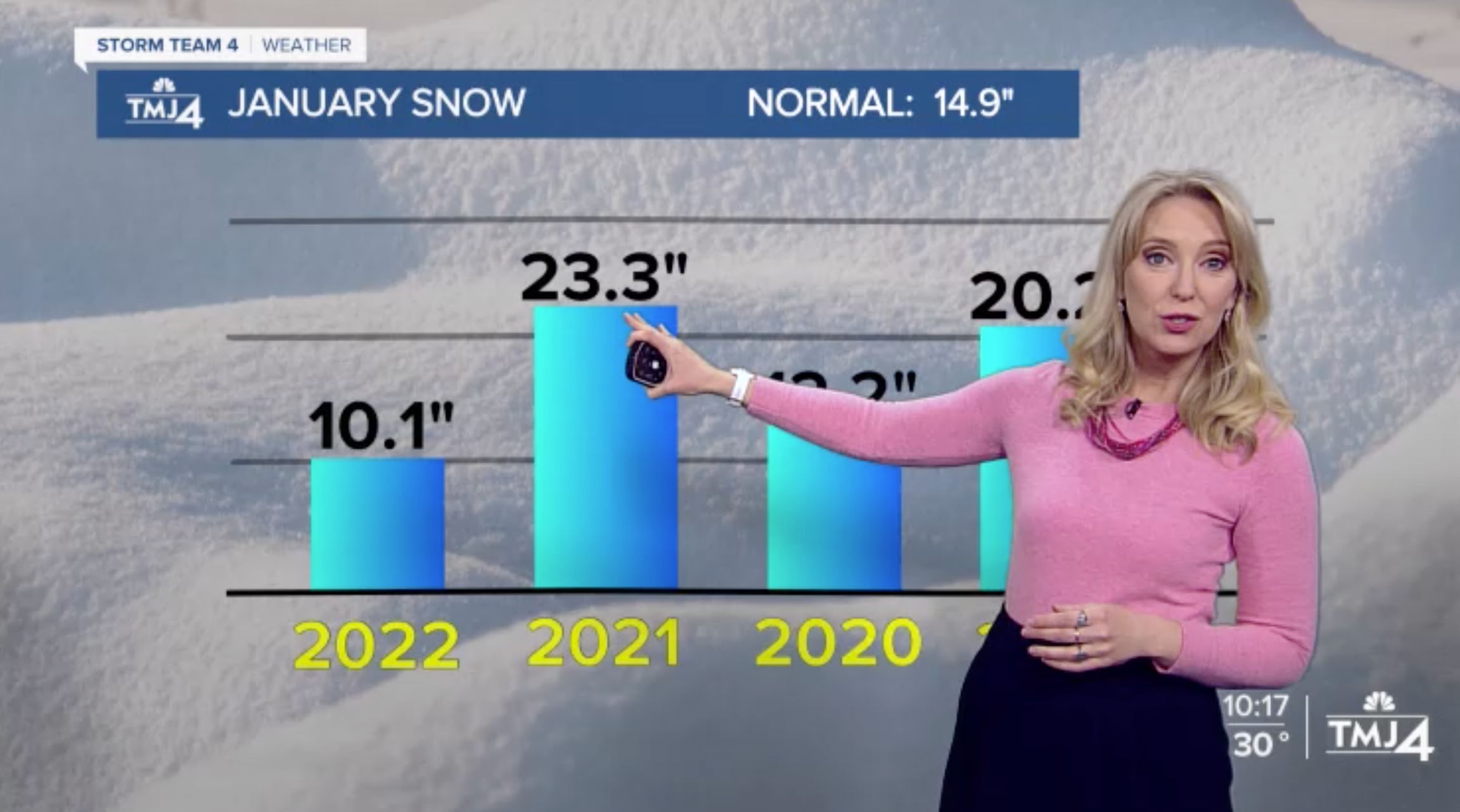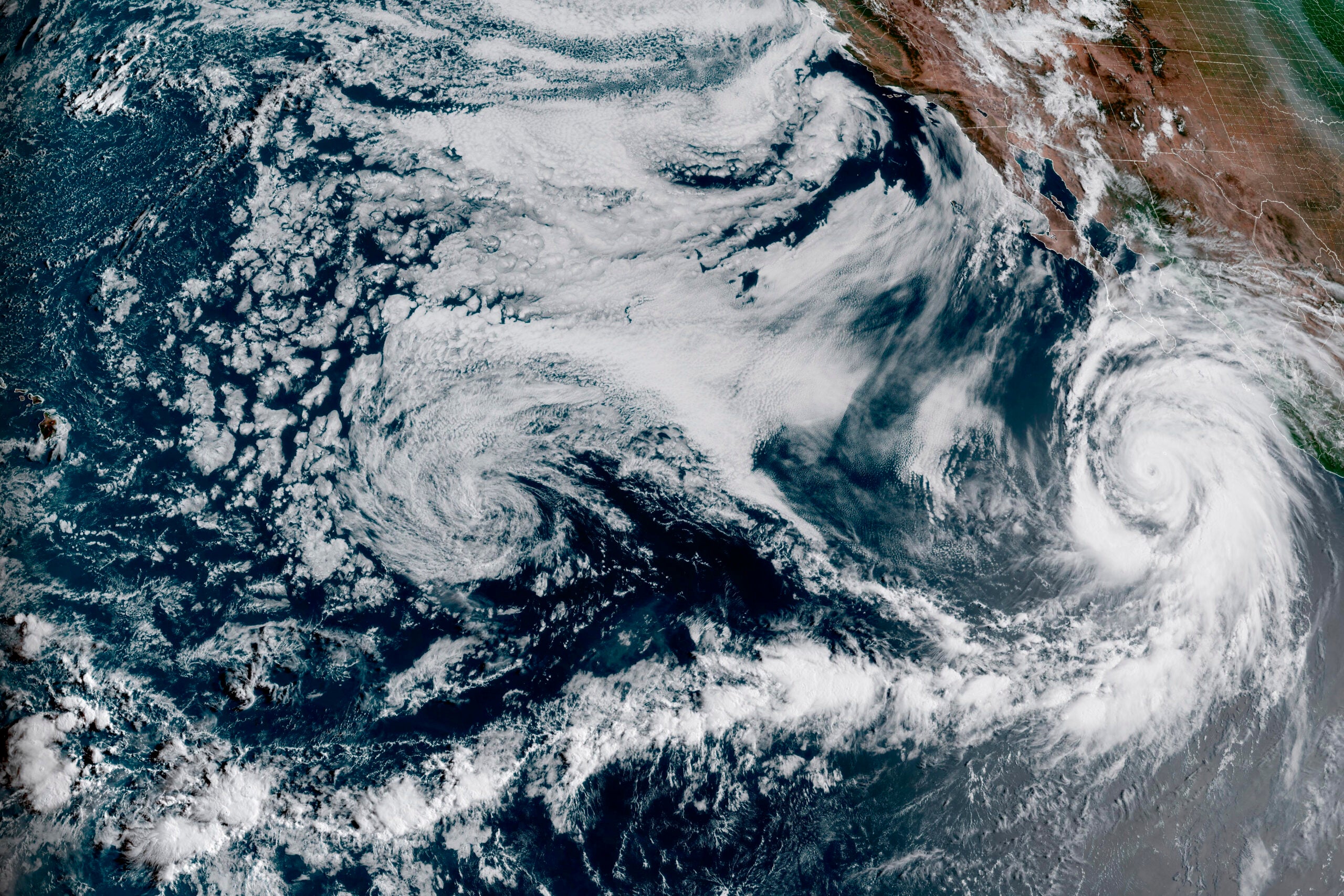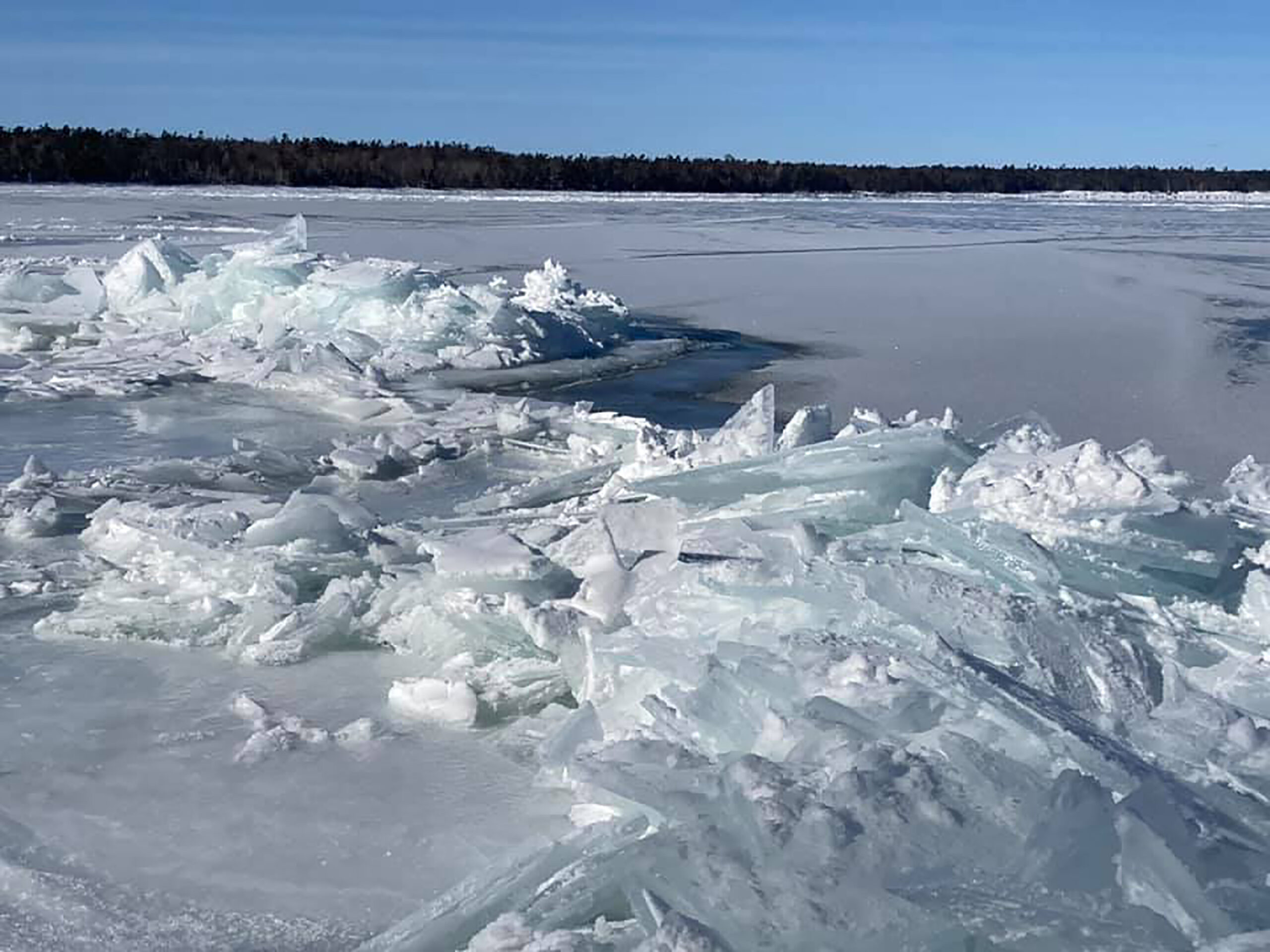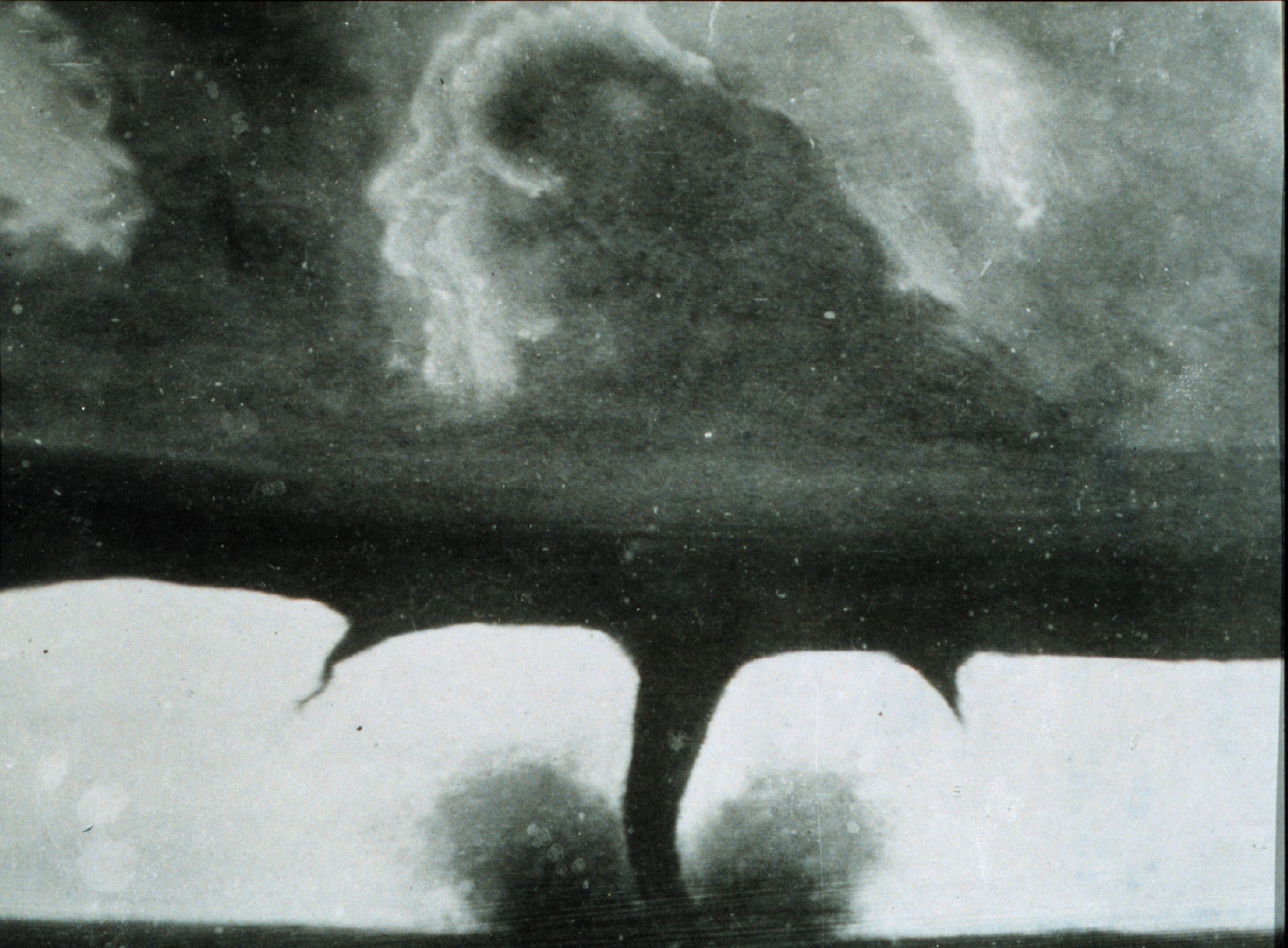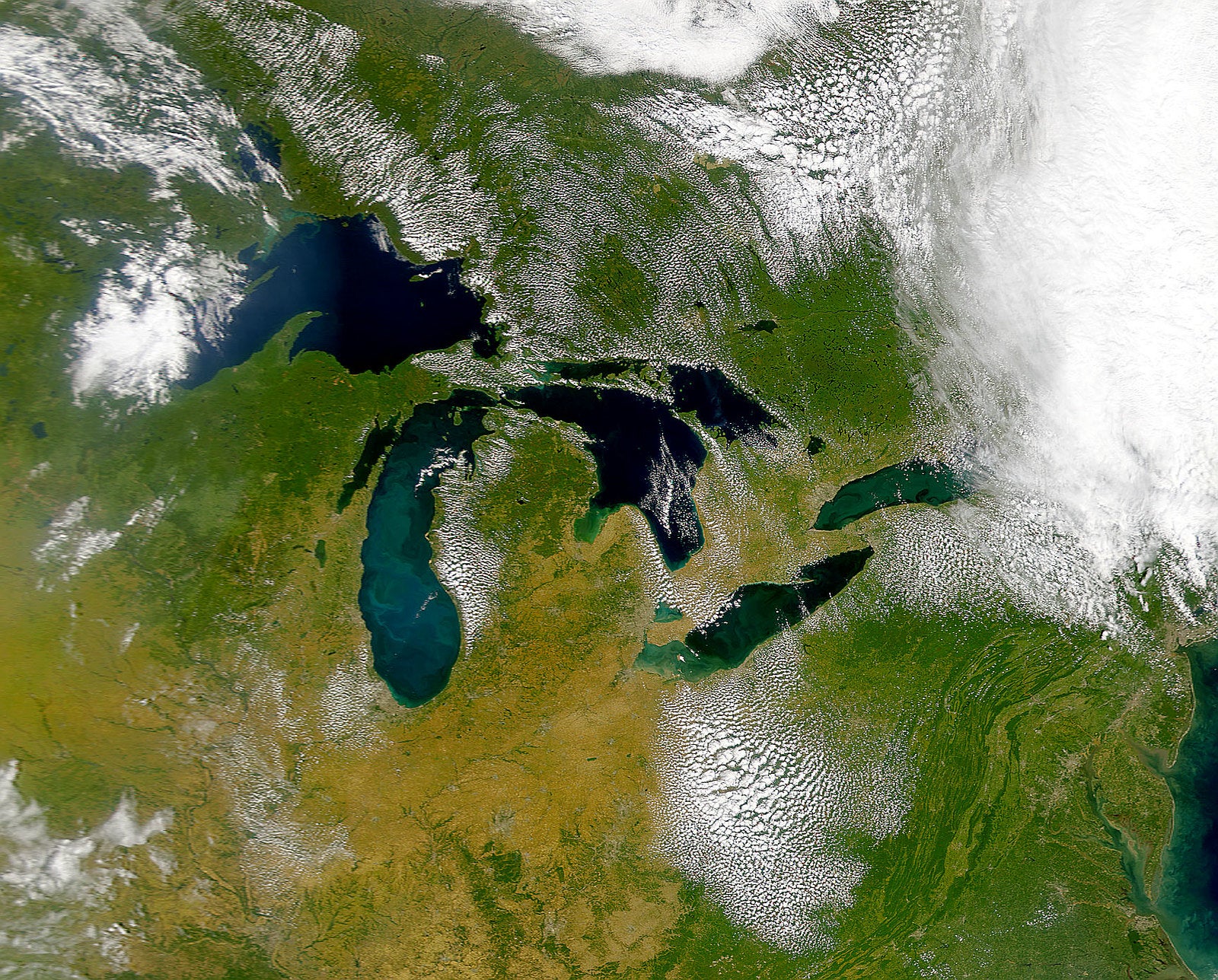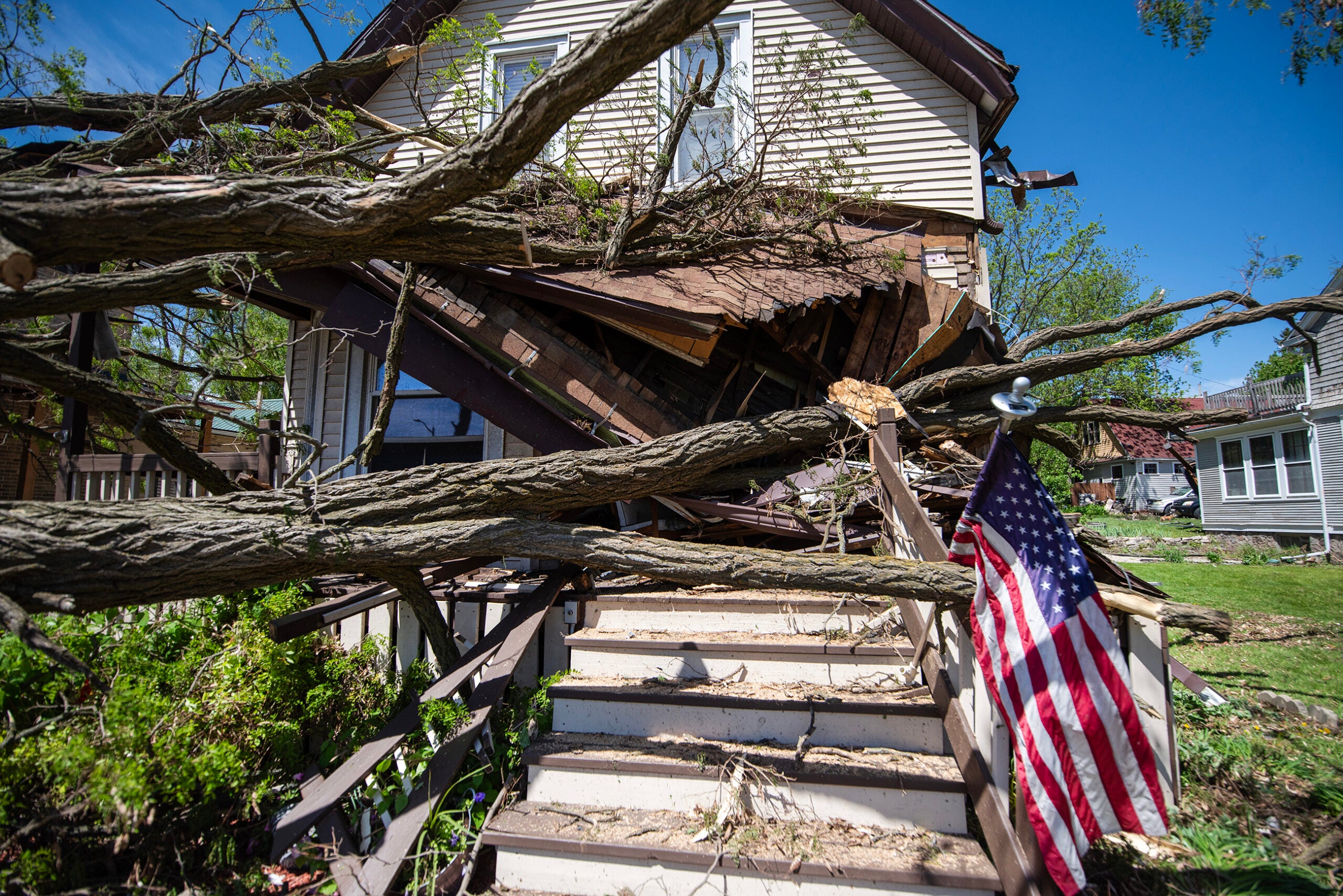Bob Lindmeier knew how to report the weather. When the studio lights and cameras turned on, the longtime meteorologist felt ready to help Wisconsinites prepare for the day or days ahead — pleasant skies or pending storms.
After about 20 years on the job, however, Lindmeier noticed more unusual weather events and more concern among climate scientists. He also saw a growing disconnect between what his viewers knew about climate change and how they felt about it.
Informing people about climate change could be a public service. But he was nervous.
News with a little more humanity
WPR’s “Wisconsin Today” newsletter keeps you connected to the state you love without feeling overwhelmed. No paywall. No agenda. No corporate filter.
“It was like my first weather report that I had ever done,” he said. “That’s how much out of my comfort zone I was — at least to start out.”
Over time, Lindmeier grew more at ease talking about climate change during routine weather reports. He found resources aimed at helping meteorologists. He received support from station managers and is now the senior chief meteorologist at WKOW-TV in Madison.
On Wisconsin Public Radio’s “The Morning Show,” Lindmeier recently joined other meteorologists to discuss the challenges covering climate change and how to overcome barriers. Studies suggest meteorologists can be influential in public opinion of climate change. A decade ago, Yale researchers found weathercaster-delivered climate change education can have positive effects on TV viewers.
Lindmeier said covering climate change is important. That means meteorologists need to be thoughtful about how it’s done.
“It’s very important,” he said. “How you message.”
Communication
Barbara Mayes Boustead, an instructor for the National Weather Service based in Nebraska, found herself nodding along in agreement as she listened to Lindmeier during the program. She said the service faces some of the same challenges as those in TV news. She said she knows those working for the NWS, like meteorologists, are trusted voices in their communities.
“This is an opportunity to help those in our communities understand climate change and how it’s impacting us here locally,” she said.
Climate change and routine weather reports have some connection. But Mayes Boustead said it can be hard for viewers to fully understand the seriousness of average temperature changing by a few degrees. The public might more easily remember a summer being particularly hot and making community members sick, she said.
“Connecting the climate around us to these weather events is a strength that meteorologists offer to help communicate about climate,” she said.
Kristen Kirchhaine is a meteorologist at WTMJ-TV in Milwaukee. She said it’s important for weather reports to present information in a clear and concise way without coming across as too alarmist.
Lindmeier also cautioned against sounding alarmist, saying meteorologists should pick their words carefully. He said they don’t need to add emphasis — the climate science they are sharing can do that for them.
The National Weather Service is learning its stories should be engaging, Mayes Boustead said. Overloading audiences with information can be forgettable.
“Wrapping these things into narratives and stories brings them to life,” she said. “Humans are wired to want to listen to stories. So, when we can talk about our climate change and weather concepts in the frame of stories, we have a better chance that they stick and that people will listen and respond to them.”
READ MORE: Climate change makes heat waves, storms and droughts worse, climate report confirms
Barriers
Local broadcasters can share stories that most deeply affect viewers, Kirchhaine said. For example, they can describe how farmers, crops and rural economies are being affected by more frequent extreme heat events.
“There are a ton of different ways to talk about how climate is changing and the effects of that,” Kirchhaine said.
Time is one challenge facing Wisconsin meteorologists in how they address climate change during weather reports. Kirchhaine could spend her entire workday keeping up with the latest climate science, she said. But time is finite. Deadlines loom.
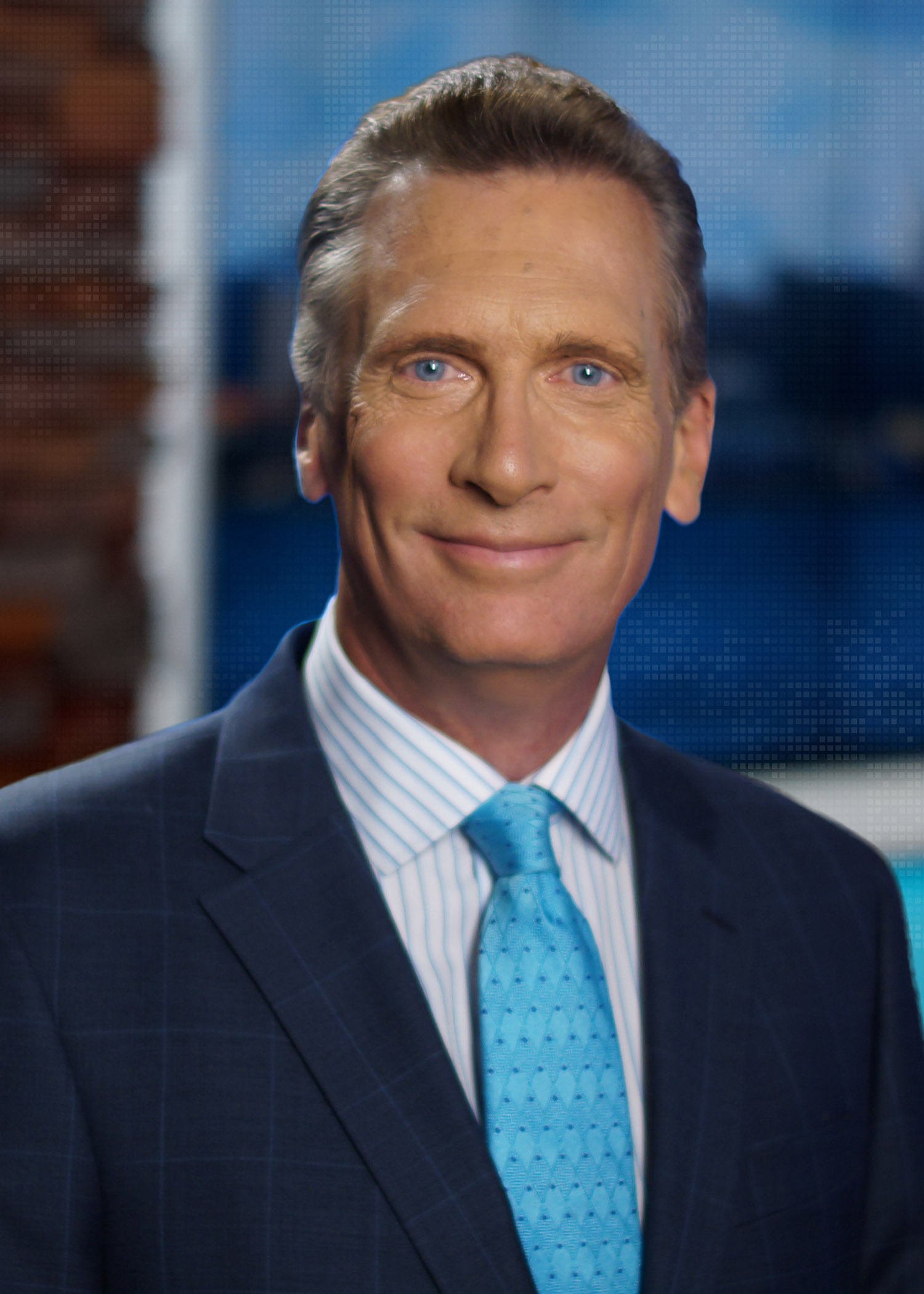
Lindmeier said broadcasters often lack enough time to prepare for talking about climate change. They concentrate on the short-term — presenting the weather, looking at the next seven days. They typically have few minutes of airtime, too.
In addition to time, another challenge can be institutional support. Lindmeirer said meteorologists could worry about resistance from management.
“There’s a fear that the viewers will complain (and) that you’re going to get pushback,” he said. “(There is) literally a fear that a broadcast meteorologist will lose your job, because we’re in a very competitive market.”
He said he wrongly assumed that would be the case at his station.
“I was pleasantly surprised to (hear them say), ‘Go for it,’” he said.
Resources
The nonprofit organization Climate Central is one excellent resource for broadcast meteorologists, Mayes Boustead said. The group provides local information and graphics about climate change.
Lindmeier said he relies heavily on Climate Central, because it includes data for his market and others in Wisconsin. He said using the group’s peer-reviewed information saves time.
“It really helps with that issue of preparation,” he said.
READ MORE: Climate change yields uncertain future for Great Lakes water levels
Wisconsin Public Radio, © Copyright 2025, Board of Regents of the University of Wisconsin System and Wisconsin Educational Communications Board.

